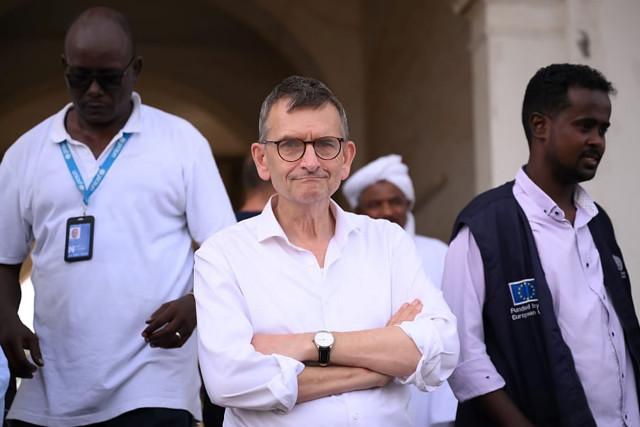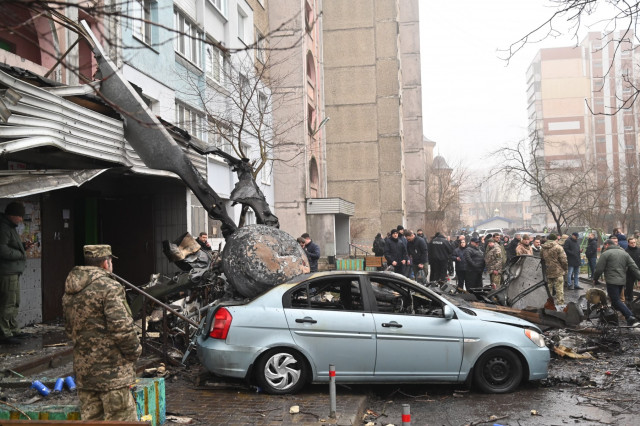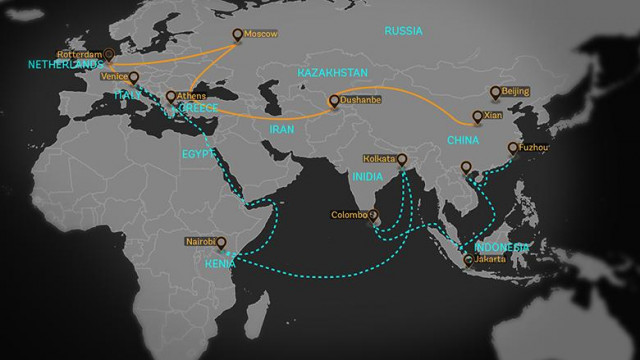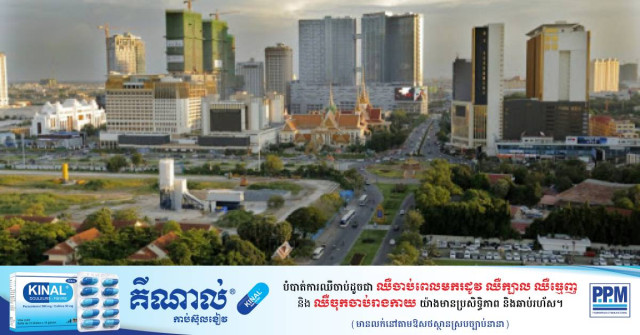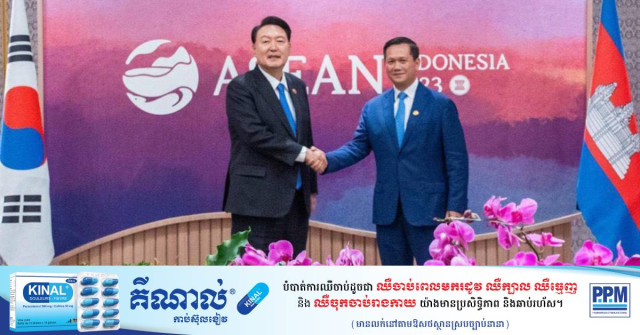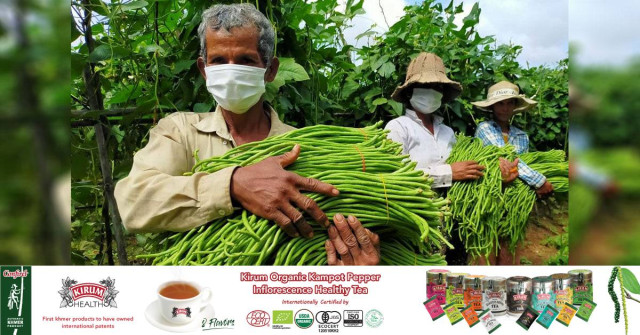Human Trafficking Is Central in Indonesia-Cambodia Relations under Prabowo
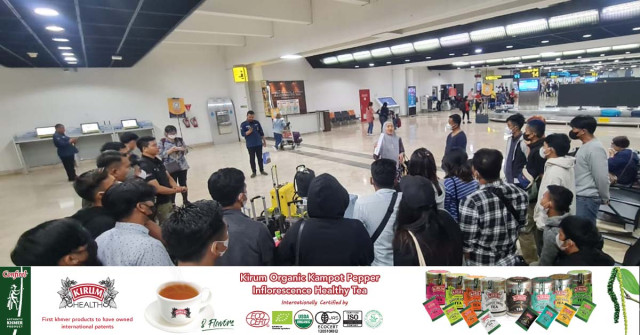
- By Syaprin Zahidi
- May 4, 2024 2:29 PM
Indonesia and Cambodia have had bilateral relations for 65 years. On February 13, 1959, the late King Norodom Sihanouk, and Indonesian Prime Minister Djuanda Kartawidjaja entered a Treaty of Friendship, which initiated a mutually beneficial and cooperative partnership between the two nations.
Over 65 years, numerous factors have emerged as contentious points in the bilateral relationship between the two nations. Given that both countries are members of the Association of Southeast Asian Nations (ASEAN), it is imperative to keep amicable relations.
The Joko Widodo administration places significant importance on maintaining a strong relationship between the two nations, as demonstrated by Indonesia's position as Cambodia's sixth largest economic partner. The total bilateral commerce between the two countries amounts to approximately $1.1 billion. Indonesia's effective leadership in ASEAN in 2023 is a result of Cambodia's accomplishments during its leadership in the previous year.
It is intriguing to observe the future of the relationship between the two nations following the election of Prabowo Subianto as the President of the Republic of Indonesia. Considering Prabowo's campaign during the general election, when he expressly announced his intention to continue Jokowi's policies, it is reasonable to expect that Prabowo's stance towards Cambodia will align closely with Jokowi's. In addition to his foreign policy view, which he expressed at the Centre for Strategic and International Studies (CSIS) during the previous campaign, stating that having only 1,000 allies is insufficient while having just one adversary is excessive.
Prabowo's primary goal toward Cambodia will be to enhance the security ties between the two nations, particularly in addressing the issue of Trafficking in Persons, specifically regarding the illegal trade of kidneys. The revelation of the kidney trafficking case involving Cambodia has emerged as a significant national matter in Indonesia, warranting considerable attention from both Indonesia and Cambodia.
During the Joko Widodo administration, a specialized team was established under the supervision of the coordinating minister for Political, Legal, and Human Rights to address this matter. This will undoubtedly be perpetuated and reinforced during the Prabowo regime.
The Cambodian government must demonstrate resolute will in taking decisive measures against the syndicates operating within the country. Reports are suggesting the involvement of military and hospital staff in the human trafficking syndicate in Cambodia, further highlighting the need for strong political will to address this issue. To ensure positive diplomatic ties with Indonesia, the Cambodian government must give utmost importance to the oversight and enforcement of human trafficking cases, particularly those involving collaborations between Indonesian and Cambodian criminal networks.
Both countries must have a bilateral agreement that specifically addresses cases of trafficking in persons involving security forces from both countries. This agreement will help maintain the already harmonious relations between the two countries.
To effectively address cases involving syndicates from both countries, the bilateral agreement must include a detailed blueprint prepared by the security forces of both nations. This blueprint will serve as a clear Standard Operating Procedure, ensuring that the agreement's implementation is unambiguous and efficient. Furthermore, the future of the bilateral relations between Indonesia and Cambodia during the Prabowo era will continue to be characterized by harmony.
Syaprin Zahidi is a senior lecturer in the Department of International Relations at the University of Muhammadiyah Malang and a doctoral student at Ghazali Shafie Graduate School of Government at the Universiti Utara Malaysia.








